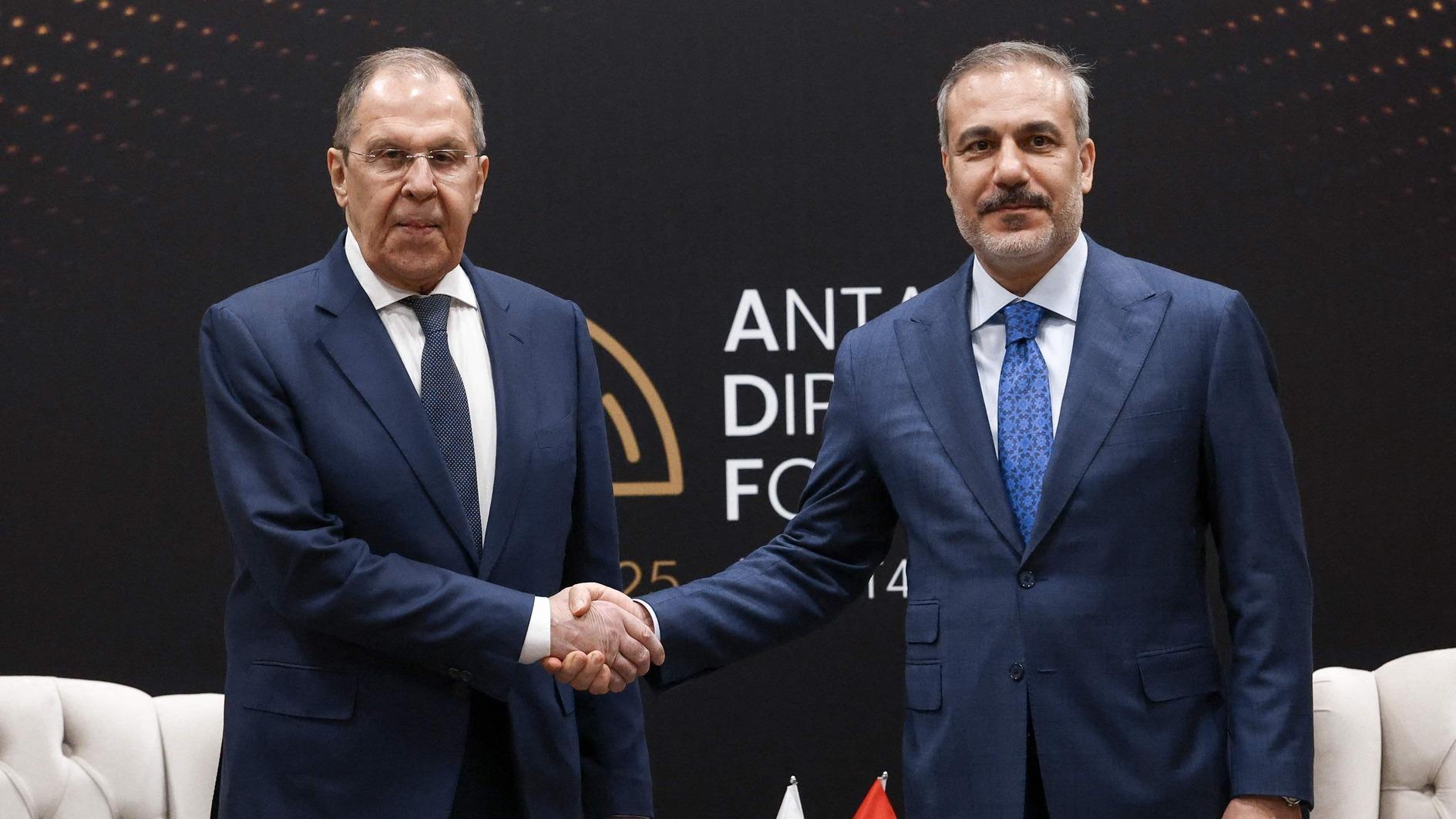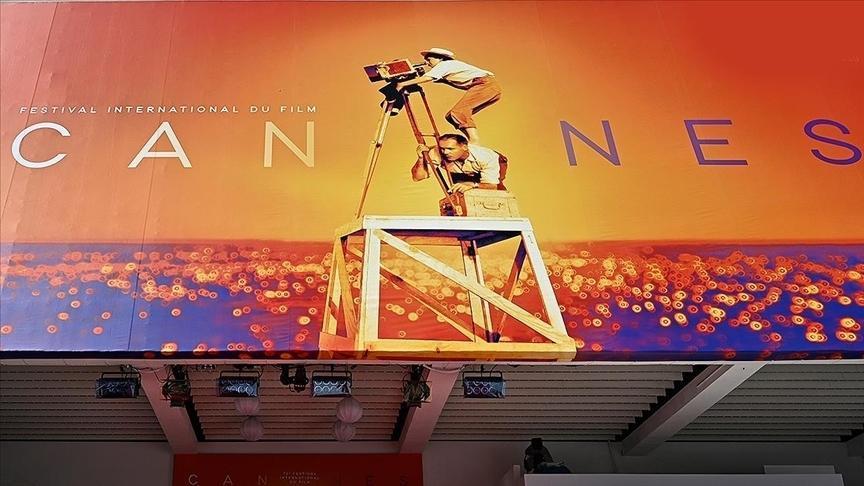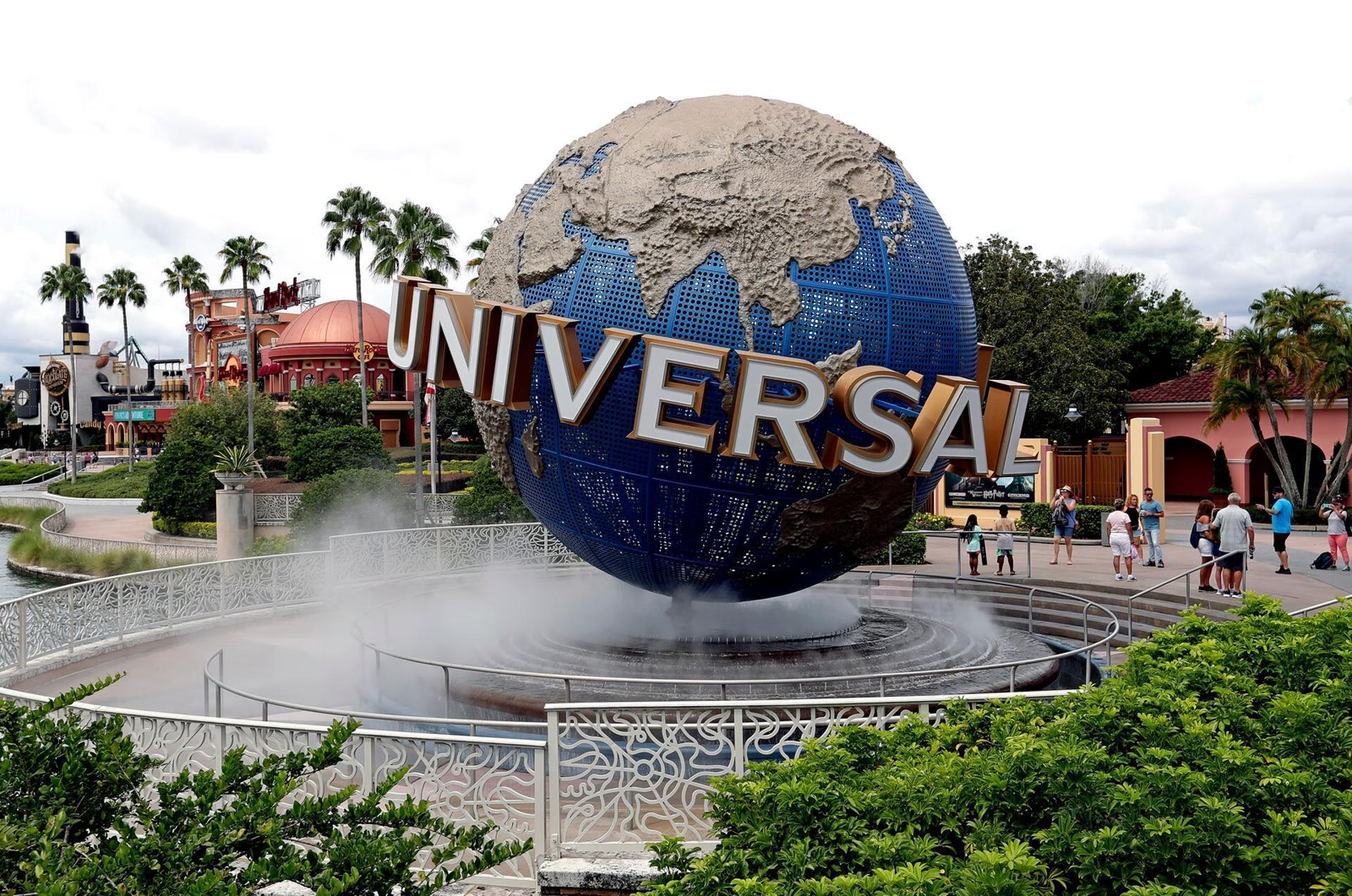After the Iranian deal
Bülent Aras
The Iranian nuclear deal is one of the last possible grand bargains in the Middle East. It is a game changer with implications for the region and beyond. The P5+1 and Iran are getting close to this turning point following the recent deal on the Iranian nuclear issue. The history of diplomacy around the Iranian nuclear issue is a story of convergences and divergences among the UN Security Council and the other parties involved. However, in essence, the question has been treated as a dispute between the U.S. and Iran. The success of the current deal, which has given rise to an interim agreement, is to a large extent the result of direct negotiations between these two sides.The issue has also been treated an issue for the West, and specifically of the U.S. There was no room for outside intervention in this problem, as witnessed during the Brazil-Turkey mediated Tehran agreement. Despite Iran’s approval of a deal with the West and certain concessions, the benefits of the agreement fell on deaf ears, and the mediators were criticized for helping Iran to gain time for its nuclear weapons strategy. The recent deal has the potential to emerge as a fully-fledged agreement.
The spirit of the deal is encompassed by two broad objectives. The first is controlling Iranian nuclear activities and making sure that there is nothing left for the development nuclear weapons; the second is the gradual lifting of the international sanctions on Iran.
From a broader perspective, U.S.-Iran relations would certainly benefit from the resolution of the nuclear issue, and the positive atmosphere that would ensue. However, we should not forget that the realization of these two objectives will be a challenging period, played out against a background of distrust among all parties, and further threatened by the extensive range of “spoilers” in Iran, the U.S. and other states: Saudi Arabia and Israel, among others. The behaviour of the latter two countries will also have an impact on the U.S. domestic political environment. The next six months promise to provide numerous challenges for U.S. policy-makers.
This is likely to be the only solid foreign policy achievement for the Obama administration, which has already been awarded the Nobel peace prize. The Obama administration has the political will to resolve the nuclear issue and to move toward the reintegration of Iran into the international system.
Washington’s silence towards the Iranian elections, its receptive and welcoming response to the Iranian charm offensive during the UN General Assembly meeting, and the direct talks with the Iranians (both secret and open) are clear indications of this approach. U.S.-Saudi Arabia and U.S.-Iran relations will face a turbulent time, but noone expects them to drift apart from each other.
Saudi Arabia and Israel both oppose a U.S. deal with Iran for different reasons. Israel rejects the deal as an historic mistake based on the argument that Iran will never discard its nuclear ambitions. Saudi Arabia has extended a cautious positive response. Its major concern is a changing geopolitical environment and the rise of Iranian influence in the neighbourhood and beyond. Riyadh has taken bold attitudes in Egypt and Syria, and feels a U.S. withdrawal from the region. This may be one of the key reasons that motivated Iran to accept a deal with the U.S. From Saudi Arabia’s perspective, the coup in Egypt failed to stabilize the country and there is increasing unrest in Egypt. The change of rule did not result in the transformation as Riyadh had expected, and their disappointment with the US should be understood in this context.
Israeli Prime Minister Netanyahu has become hostage to his rhetorical strategy of exaggerating the Iranian threat to bolster domestic support. He feels himself outside the diplomatic action regarding the most serious threat to Israel. He is to blame for this situation, at least in part; now he faces the challenge of extricating himself from the vicious circle he has created. Mr. Obama can certainly help Netanyahu through regular consultations, to grant him some power to deal with the situation in Israel.
One determinant in the future course of relations may be whether the EU will have a renewed role after the agreement with Iran. Since the failure of Paris deal in 2003, the EU, and in particular the EU3—Germany, Britain, France— have disappeared from the scene, supporting the U.S. policy of stick rather than carrot. The EU will likely have more room for manoeuvre on the Iranian nuclear issue and development of political and economic relations in the coming period. France’s tough attitude will be interesting, considering the EU’s former carrot policy on the nuclear issue. Russia and China have been alienated on the Iran issue since their departure from independent positions and convergence with the U.S. sanctions policy. The Iranian administration may reconsider the former forced but suspicious partnership with these countries. An Iranian shift to West would certainly lead to concerns in Beijing and Moscow.
The Iranian nuclear deal is an interim agreement. However, it has already changed the regional landscape, with a number of international implications. The most direct and long lasting impact is likely to be domestically, in Iran after the deal. Mending ties with the West, and the U.S. in particular, will influence Iranian domestic politics and foreign policy. The Iranian political system will likely resist this influence, since it may challenge the system’s hold on power and regional design to set firewalls beyond the borders. The future of Iranian politics and also of the nuclear deal will depend on the critical dilemma that awaits. The nuclear problem must be resolved in order to save Iran from further damage from sanctions and isolation, while Iranian regime has concern over the transformative impact of re-integration into the international system.
*Professor of International Relations at Sabancı University and Head of Board of Academics and Experts at HASEN. This op-ed has been first published on his blog at HASEN website.











